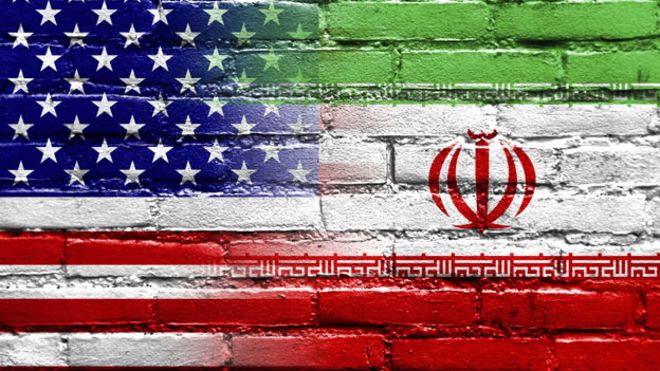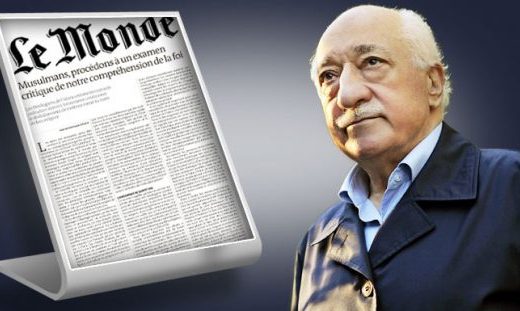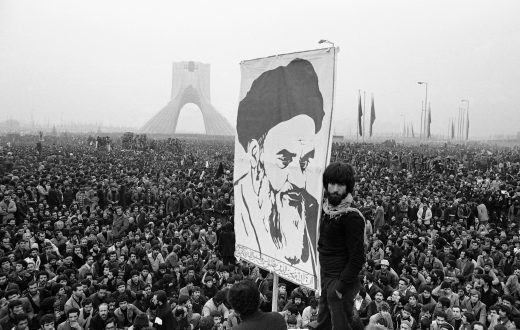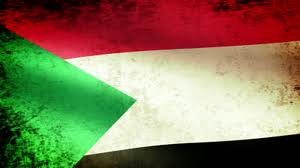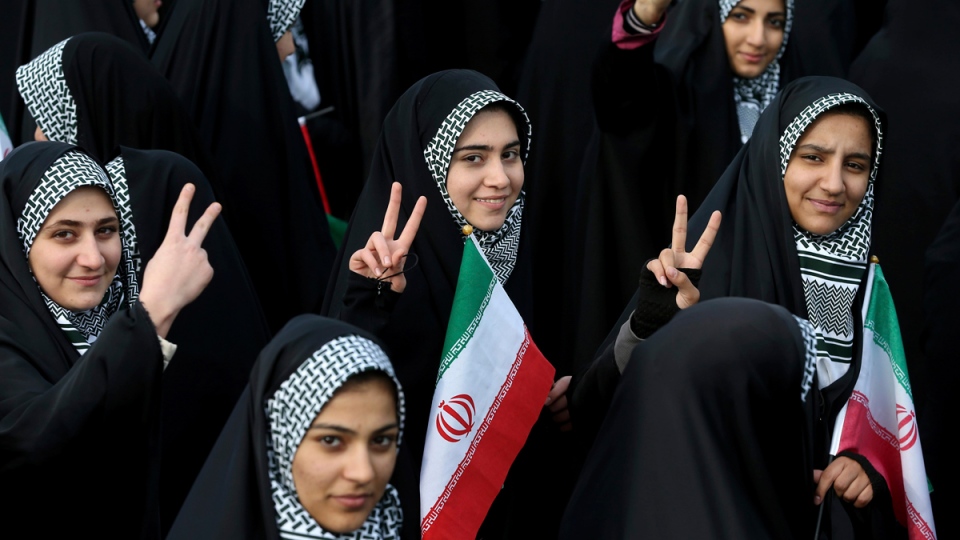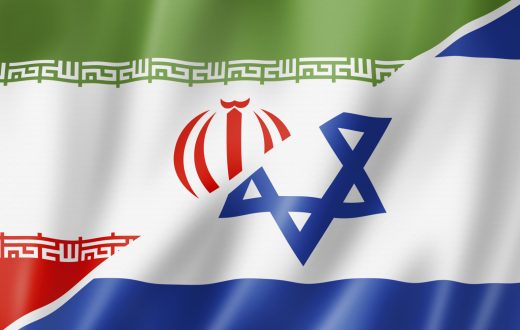The world watches in anticipation as the US presidential elections wind down to the final stretch. After three debates, sexual harassment accusations and an FBI probe – Hillary and Trump seem to be battling it out head to head. Elections come at a critical time in Iranian history, amidst a cabinet reshuffle, six months before presidential elections in Iran, and months after the historic Joint Comprehensive Plan of Action (JCPOA) was signed and implemented. At this point, most Iranian news publications across the political spectrum seem to ridicule the US election process in general, in addition to the candidates – highlighting the moral and security scandals that have plagued them and stressing the fact that most Americans must decide now between bad and worse. Aside from this expected criticism, US compliance with the JCPOA is probably the greatest concern for Iranian officials. There exists a sense of frustration with the deal, and the lack of economic prosperity promised after fulfillment of the deal. Hardline factions in Iranian media point to the lack of a full lifting of sanctions, and believe the deal may not provide Iran with any benefits. Reformist factions are more hopeful about the diplomatic path, believing that the deal will eventually lead to progress and consider it a major victory. Most Iranian government officials continue to look to the US with suspicion, claiming that the US is the main obstacle to full implementation; pointing to new sanctions Washington has imposed since implementation began. Ayatollah Khamenei has even publicly responded to some of the perceived threats, directly referring to particular candidates. However, the candidates’ attitudes towards the Middle East in general and personal ideology also factor in to the Iranians’ perceptions and candidate preferences.
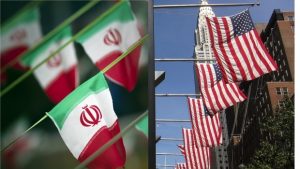
Fears of violating or reneging on the JCPOA deal is no surprise. The two leading candidates have a history of hostility towards the deal. During her term as Secretary of State, Clinton pushed for strong international sanctions against the Iranian regime. While Clinton’s official campaign platform on this issue maintains that she strongly supports enforcing the JCPOA agreement with a “distrust and verify” approach, she warns that military action will not be ruled out if Iran does indeed pursue a nuclear weapon. Her official platform also mentions dealing with non-nuclear issues that are a concern for Iran, mainly preserving Israel’s qualitative edge, maintaining US military presence in the Persian Gulf and thwarting Iran’s proxies. These are all positions that go counter to Iranian ambitions.
Donald Trump does not have an extensive political history as Sec. Clinton, nevertheless he has made strong public statements about his positions on various issues. Like most, if not all Republican presidential candidates, Trump has expressed strong opposition to the “disastrous” JCPOA deal. He has even stated that dismantling it would be his number one priority. His official platform is pro-Israel, he favors strengthening the US military, but simultaneously takes a more isolationist approach to foreign policy. His immigration policies may be interpreted as anti-Muslim.
How does all this translate into the eyes of the Iranians? It would seem natural that the Iranians would favor a Democratic president, however some scholars in Iran point out that dealing with a Republican would be easier due to what they characterize as their more simplistic, “black and white” foreign policy approach. References to Nixon’s opening of diplomatic relations with China, as well as Bush’s refusal to allow Israel and Saudi Arabia to attack Iran’s nuclear program can be found sprinkled throughout Iranian media sources.
When it boils down to the candidates, the answer also lies somewhere in between. The government has not made any official comments, and citizens seem divided as to their preferred candidates. Some Iranian experts simply believe that the US is capitalist in nature, with a need for dominance, and that no candidate will make any critical changes.
Yet other sources foresee a post-election nightmare by which sanctions are expanded. There seems to be a sense of distrust towards Clinton, mainly due to her tough stance on Iran during her stint as Secretary of State. Some political circles in Iran even believe that the nuclear deal would not have gone through had Clinton remained Secretary of State. Iran Daily Newspaper was quick to point a finger at Clinton, accusing her of calling for new sanctions on Iran shortly after Obama’s executive order lifting US economic sanctions on Iran. In addition to her reputation of imposing and enforcing strong sanctions on Iran, she is also widely noted in Iran as a candidate with strong ties to Jewish lobby groups, and one perceived to cooperate more with Saudi Arabia than Obama has. After Iran test fired ballistic missiles, Press TV quickly labeled her comments on the tests as “Pro-Israeli,” and juxtaposed them with the Obama administration’s remarks claiming the test fires were not in violation of JCPOA. Most publications point to a sense that Clinton is more “hawkish” than Obama, and generally convey a sense of caution and distrust.
Trump’s popularity also seems to be widely variable. Iranians, much like Americans, seem to agree that Trump is unpredictable and more risky than Obama and Clinton. Trump’s comments on the JCPOA deal were heard loud and clear in Tehran. This in and of itself has drawn mixed reactions. Hardliners are pleased, as many of them believe the deal exploited Iran, providing the country with little benefits. Probably the most telling of all responses was that of Iran’s Supreme Leader Ayatollah Khamenei. On June 14, he warned “if the threats of tearing of the JCPOA made by the US presidential nominees are carried out, the Islamic Republic will set the JCPOA ablaze”(Tasnim News Agency, June 15, 2016). A few weeks later, Khamenei urged a group of cultural figures from various countries to further publicize this US breach of the JCPOA. This is presumably a direct reaction to Trump’s comments on the “disastrous” deal and his threats of prioritizing its demise when he takes office.
JCPOA deal aside, some in Iran believe that Trump is the lesser of the two evils, and that his stance on other issues may prove beneficial for them. Trump’s isolationist rhetoric, specifically his threat to stop American oil purchases from Saudi Arabia, promise to remove of the “cloak of protection” from Saudi Arabia, and threat to leave NATO resound nicely in moderate circles. These isolationist ideas come at a crucial time as various factions in Iran feel more pressure because of US expansion and control of Mosul, and this summer’s coup attempt in Turkey. Some in Iran also believe that Trump’s business background and economic approach might help get the Iranian economy moving, and release some of the US companies that still refuse to do business with Iran.
Clinton or Trump? The world holds its breath awaiting the outcome of this crucial election.

